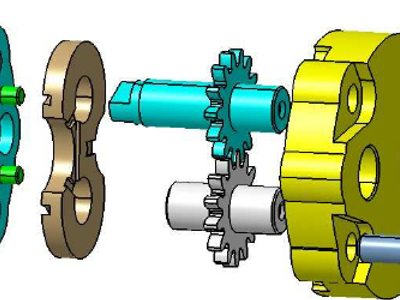The implementation of the course:
- The students are expected to work actively and independently with the course material
- Lectures and exercises are offered as support for the students' knowledge acquisition and development of skills
- A project work is carried out in groups during the course
